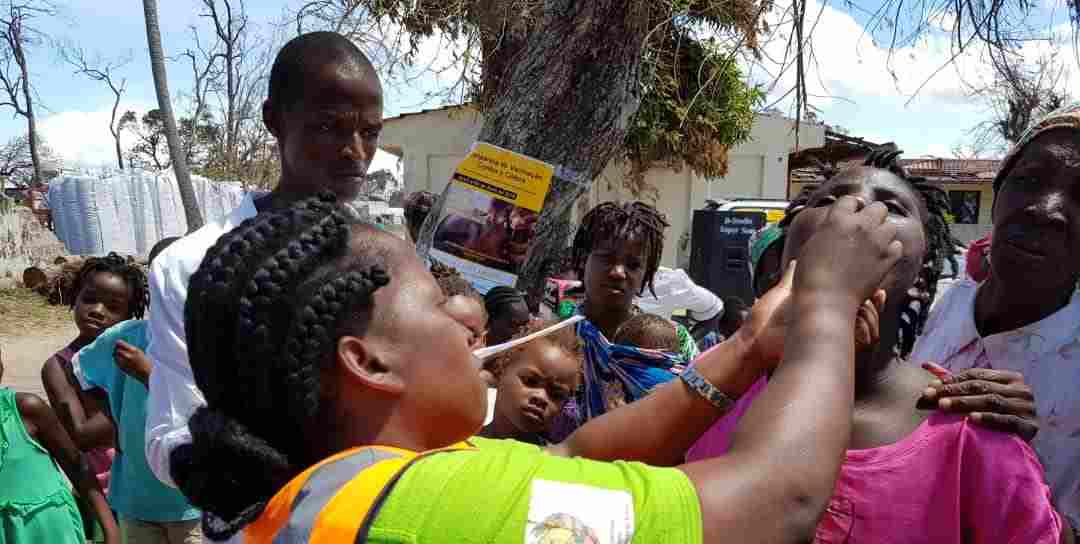The COVID-19 pandemic rocked the world to its core, revealing harsh disparities and inequities. Africa, housing a fifth of the global populace, received a mere 3% of the total COVID-19 vaccine doses distributed in 2021. As nations scrambled to secure vaccines for their citizens, Africa lagged, bound to the mercy of international contracts and allocations.
As Africa grappled with a lopsided distribution, leaders across the continent committed to ensuring that this grim episode would not recur. Lofty goals were established, partnerships were forged, and investments poured in. Yet, the dream of fostering a thriving biotechnology sector is laden with challenges. Currently, a meager 1% of vaccines used in Africa are produced on the continent. Ambitions aim to skyrocket this to 60% by 2040. But can this vision be realized?
The linchpin, unsurprisingly, is capital. Establishing vaccine production facilities mandates stringent biosecurity measures and an unwavering focus on quality control. Consequently, the cost of locally produced vaccines will be higher than those from established giants like the Serum Institute of India. Herein lies the conundrum: should African countries rely on cheaper imports, potentially risking another supply disruption, or champion self-reliance at a higher price?
To bolster vaccine production within Africa, players such as Gavi, a prominent purchaser of vaccines for the continent, are stepping in. By offering advance contracts to nascent vaccine producers, Gavi aims to stabilize the fledgling industry.
And there are glimmers of hope. In Senegal, the Pasteur Institute of Dakar is ramping up its vaccine production, with investments pouring into enlarging its production capabilities. Meanwhile, in South Africa, a hub for mRNA production has been set up, aiming to share this revolutionary technology across developing nations. Rwanda, too, has joined the race, with the arrival of a pop-up mRNA vaccine manufacturing unit.
Yet, it’s not just about creating vaccines. It’s about ushering in a paradigm shift. This means not just producing for immediate needs, but looking to the future, and investing in infrastructure, technology, and expertise to handle upcoming health crises.
The Bill & Melinda Gates Foundation, along with other philanthropic entities, have extended their support. However, the sustainability of such philanthropic enthusiasm remains questionable. As Martin Friede from WHO aptly puts it, the challenge is not just about competitive pricing, but “about the resilience of our health systems.”
The African Vaccine Manufacturing Initiative (AVMI) has long championed the call for African vaccine independence. The stark reality of the pandemic merely underscored their advocacy. Relying on the goodwill and supply chains of foreign powers is fraught with risk, as evidenced by the recent crisis.
To bolster self-reliance, a diversified global vaccine supply chain is imperative. By nurturing home-grown capacity, Africa can not only ensure the steady supply of routine vaccines but also be poised to combat unforeseen pandemics. As we’ve learned, preparation is key. The vision? A robust, self-reliant Africa that isn’t merely at the receiving end but is an active, pivotal player in global health.
As the world moves beyond COVID-19, Africa has a choice. It can either remain a passive recipient or seize this moment to forge a resilient future, underpinned by self-reliance and innovation. The latter, though challenging, promises a transformative impact, changing the narrative of Africa from one of dependency to empowerment.
Image Credit: WHO




